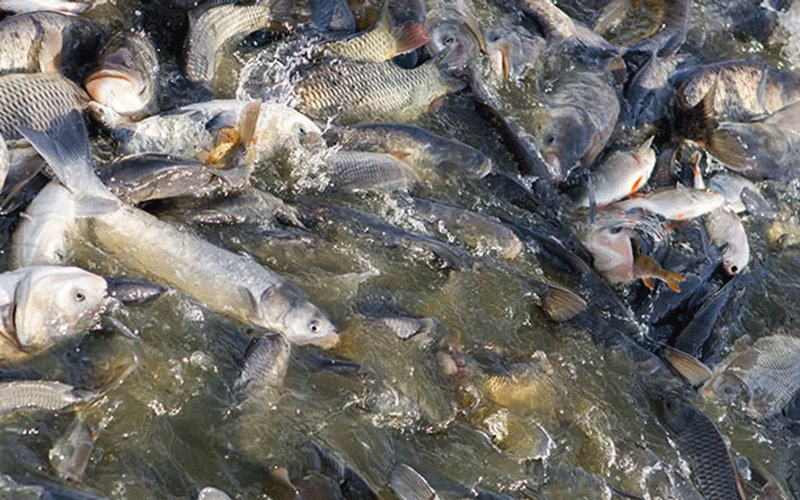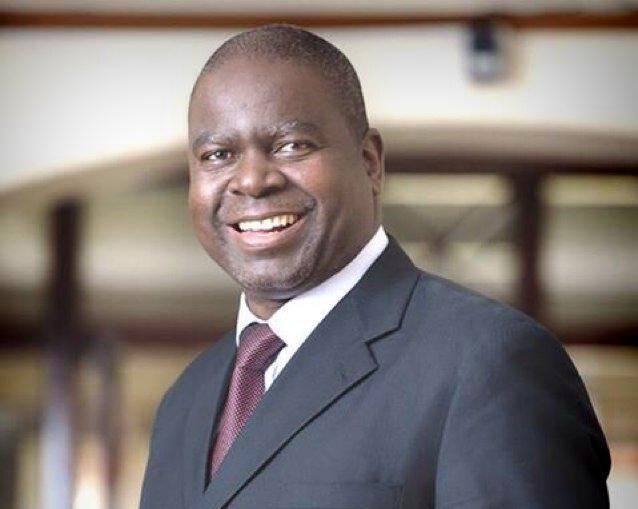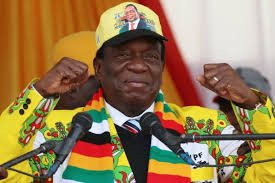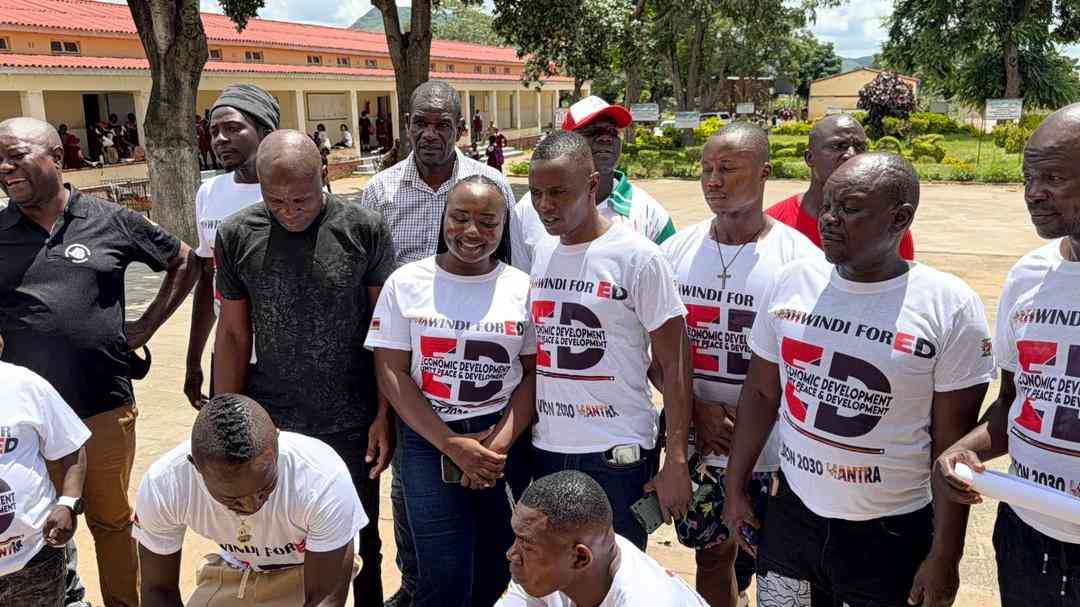
ZIMBABWEAN authorities are working with their Zambian counterparts to tackle increased illegal fishing in Lake Kariba which has led to dwindling fish catches.
This emerged during a recent media tour organised by the Zimbabwe Parks and Wildlife Management Authority (ZimParks) and African Parks at Matusadonha National Park.
It was revealed that authorities confiscated more than 100 canoes around the park, with some impounded from Zambian poachers.
According to African Parks, law enforcement agents arrested 300 poachers in 2021.
Speaking to journalists during the tour, ZimParks spokesperson Tinashe Farawo said authorities had noted the low catches on Lake Kariba.
He attributed the development to low water levels caused primarily by the effects of climate change.
“We have been continuously doing a lot of research when it comes to our fisheries. We are working with the Food and Agriculture Organisation (FAO) and our colleagues across the border,” he said, adding that fishermen in Lake Kariba have complained about the low catches as a result of low water levels and climate change.
Farawo said Zimbabwe had put in place regulations governing fishing on Lake Kariba.
- Bundu series captures poaching issue
- Conservationists help tackle poaching in Hwange
- Questions raised over elephant census
- ‘Binga not fully marketed’
Keep Reading
“For example, when there is a full moon, we do not allow fishing for about seven days every month. We also bar fishing in breeding areas and we have been doing this as joint forces with our colleagues in Zambia,” he said.
Zimbabwe and Zambia, Farawo added, have engaged in joint patrols on Lake Kariba and are pushing for harmonisation of laws to combat poaching and illegal fishing.
“This is happening at technical level, industrial level and also Presidential level so that we can also manage our dam.”
Farawo said Lake Kariba was an important resource for Zimbabwe and Zambia’s economic development as commercial fishing is a big industry supporting livelihoods.
Speaking during the same tour, African Parks chief operations manager Michael Pelham said challenges faced include illegal fishing on the lake, gold mining and poaching of ivory and bush meat.
“With the park’s northern boundary abutting the heavily utilised Lake Kariba Recreational Park, the task of managing its wildlife and providing adequate law enforcement is put to the test daily.
“Fishing camps, both in and out of the park, use the lake for commercial fishing and provide cover for illegal fishing and, historically, ivory poaching. A large component of the park’s transportation assets is water-based, which is slow and expensive, putting pressure on the financial and logistical aspects of law enforcement and arrests.”
With 2 000km of shoreline, Lake Kariba is the fourth largest man-made lake in the world and the second largest in Africa.











